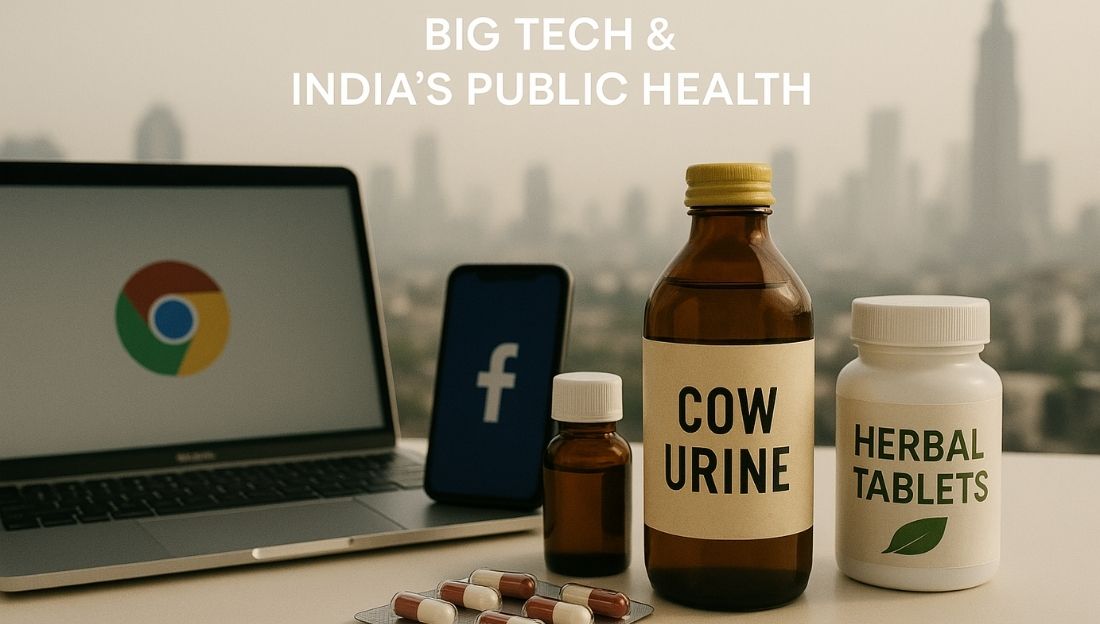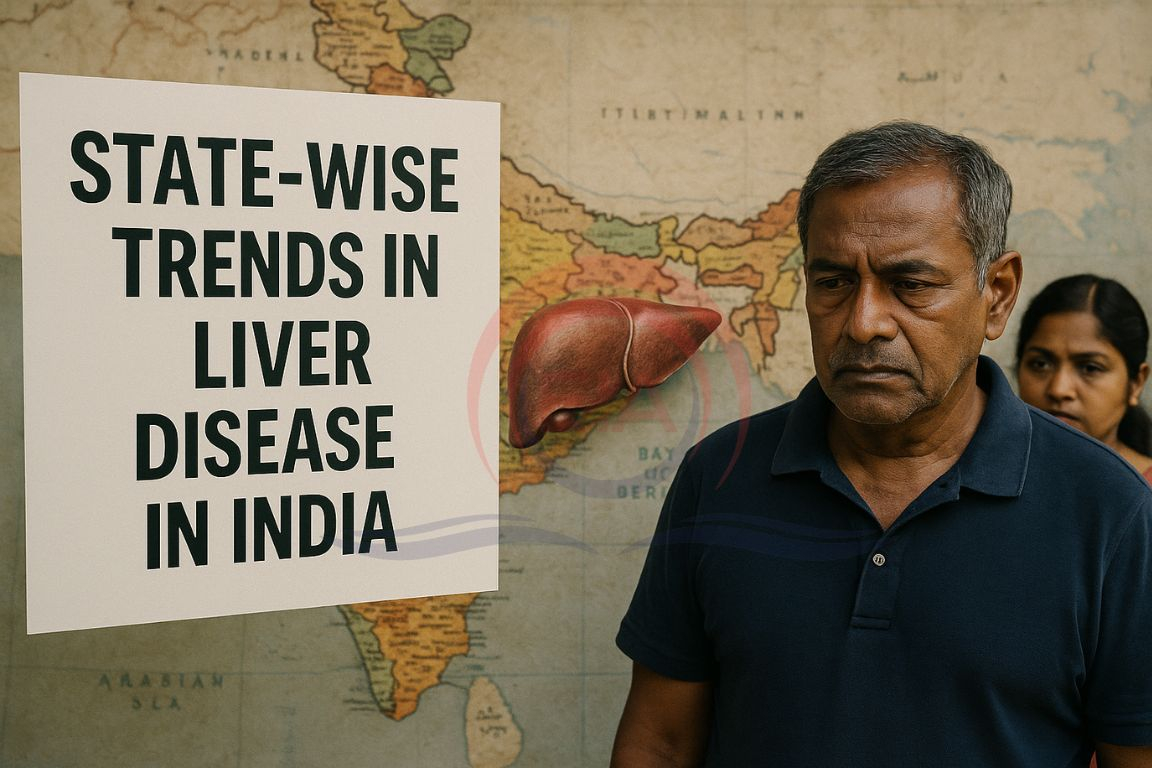Major global tech companies are violating India’s Drugs and Magic Remedies (Objectionable Advertisements) Act (DMRA), 1954, by promoting misleading advertisements for health and medicinal products.
Background
- India has long struggled with false medical claims and unverified drug advertisements.
- The DMRA Act, 1954 bans advertisements of drugs or remedies claiming to treat certain listed diseases, including diabetes and cancer.
- With the rise of internet advertising, Big Tech platforms have become dominant players in the promotion of health products often without adhering to Indian laws.

Violation by Big Tech Platforms
- Popular search engines, social media platforms, and e-commerce sites frequently display paid ads for ayurvedic, homeopathic, and herbal medicines claiming to cure serious diseases.
- These ads clearly violate the DMRA Act, yet continue unchecked.
- Ironically, these same platforms follow strict ad-screening rules in the United States, where misleading medical claims can lead to swift legal action.
- Example: Ads promoting “cow urine products for cancer cure” and “herbal tablets for diabetes” have been openly displayed on Indian sites.
Corporate Negligence and Bias:
- U.S.-based corporations often show lesser regard for compliance in developing countries.
- Historical examples (like the Union Carbide case) highlight a pattern of undervaluing Indian lives.
Weak Enforcement:
- Past violations, such as under the Pre-Natal Diagnostic Techniques (PNDT) Act, 1994, faced little punishment.
- Courts and regulators have been slow to prosecute Big Tech for repeated offences.
Legal Loopholes and Jurisdictional Gaps:
- Big Tech often hides behind the “intermediary” label, claiming it is not directly responsible for ad content.
- However, these companies actively negotiate ad contracts and collect payments — making them publishers, not mere intermediaries.
Need for Stronger Regulation
- India must hold Big Tech accountable through criminal prosecution of responsible management personnel.
- Reforms should ensure that key managerial staff in India are Indian citizens accountable to Indian courts.
- India could emulate the U.S. approach to TikTok regulation, enforcing local accountability and data sovereignty.
- If non-compliance continues, intermediary immunity should be revoked for Big Tech firms in India.
Conclusion
Unchecked digital advertising by Big Tech platforms undermines India’s public health safeguards. Strengthening legal enforcement, ensuring local accountability, and imposing real penalties are vital steps to make Big Tech respect Indian laws and protect citizens from misleading medical claims.
This topic is available in detail on our main website.





